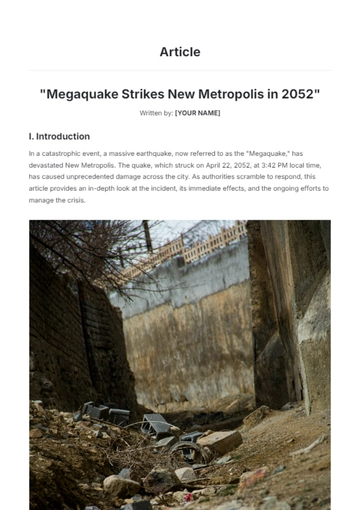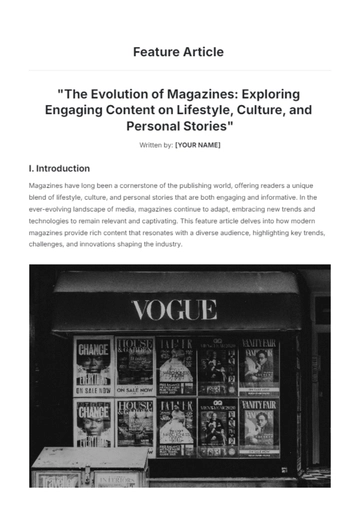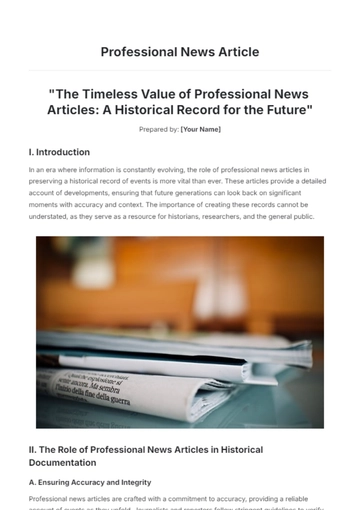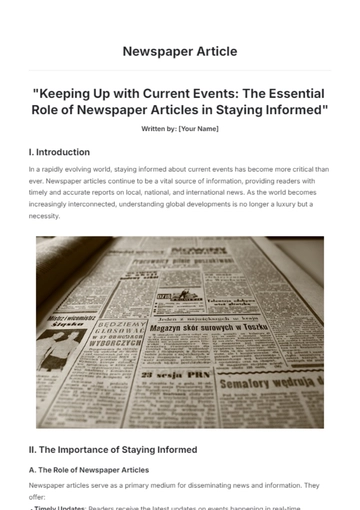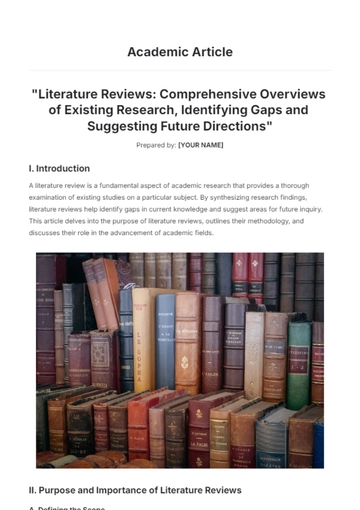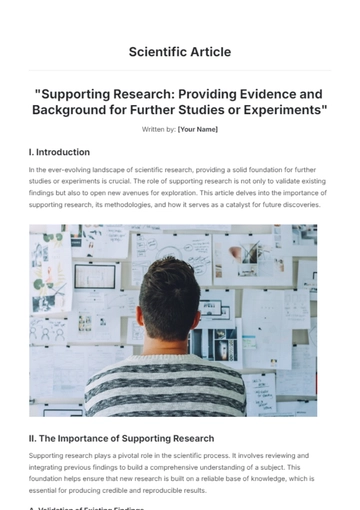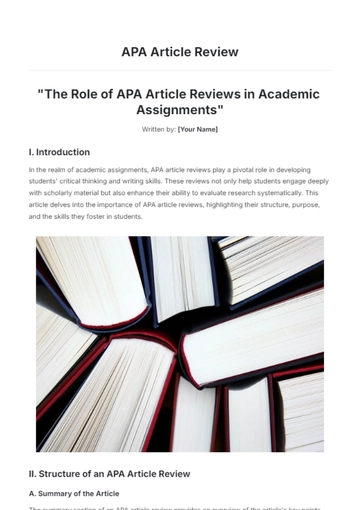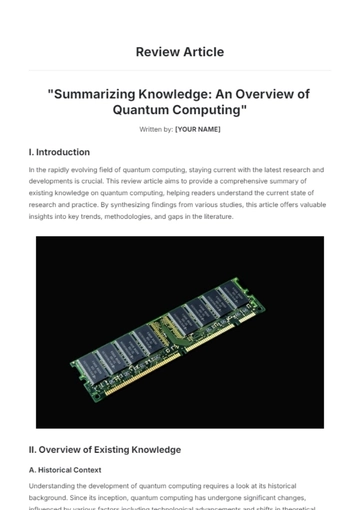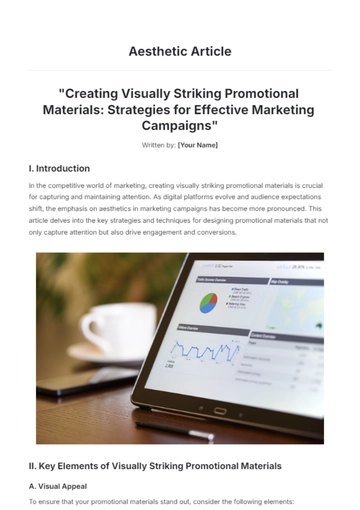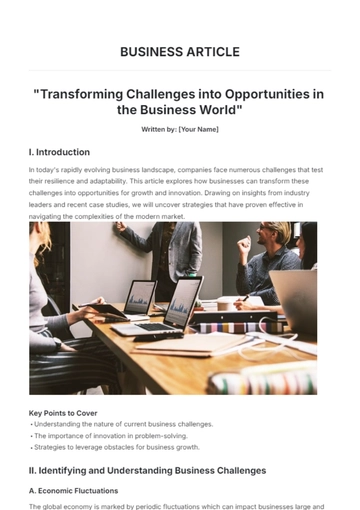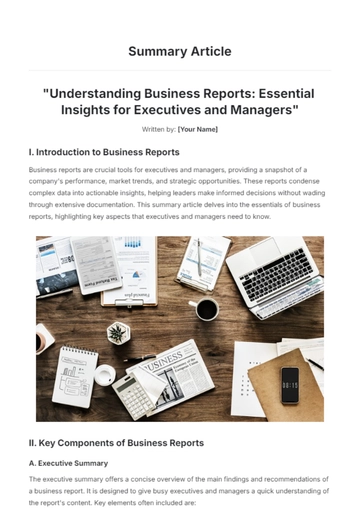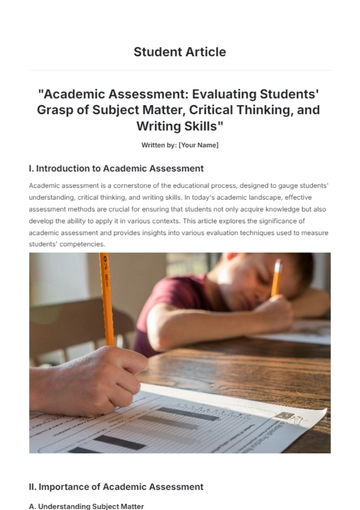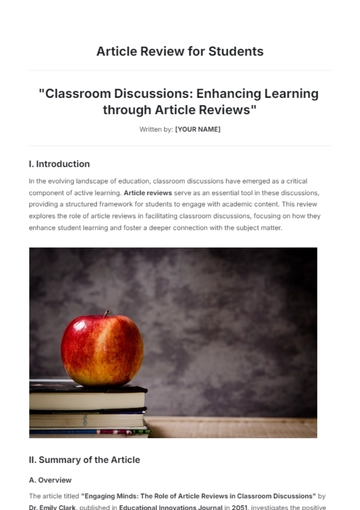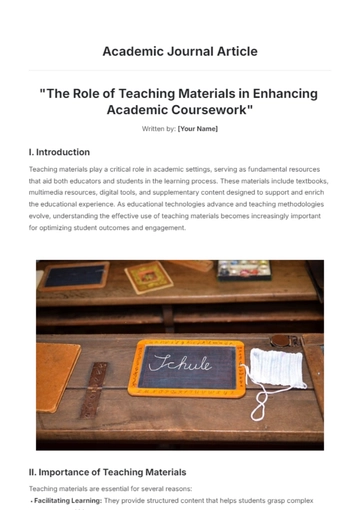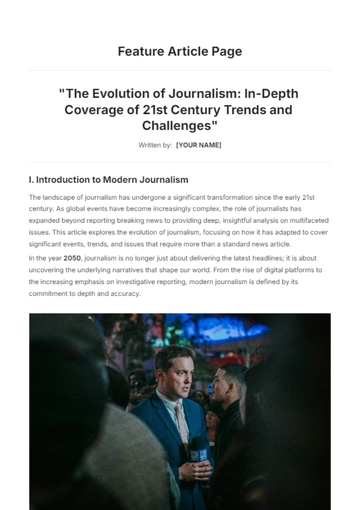Free Technical Journal Article Writing
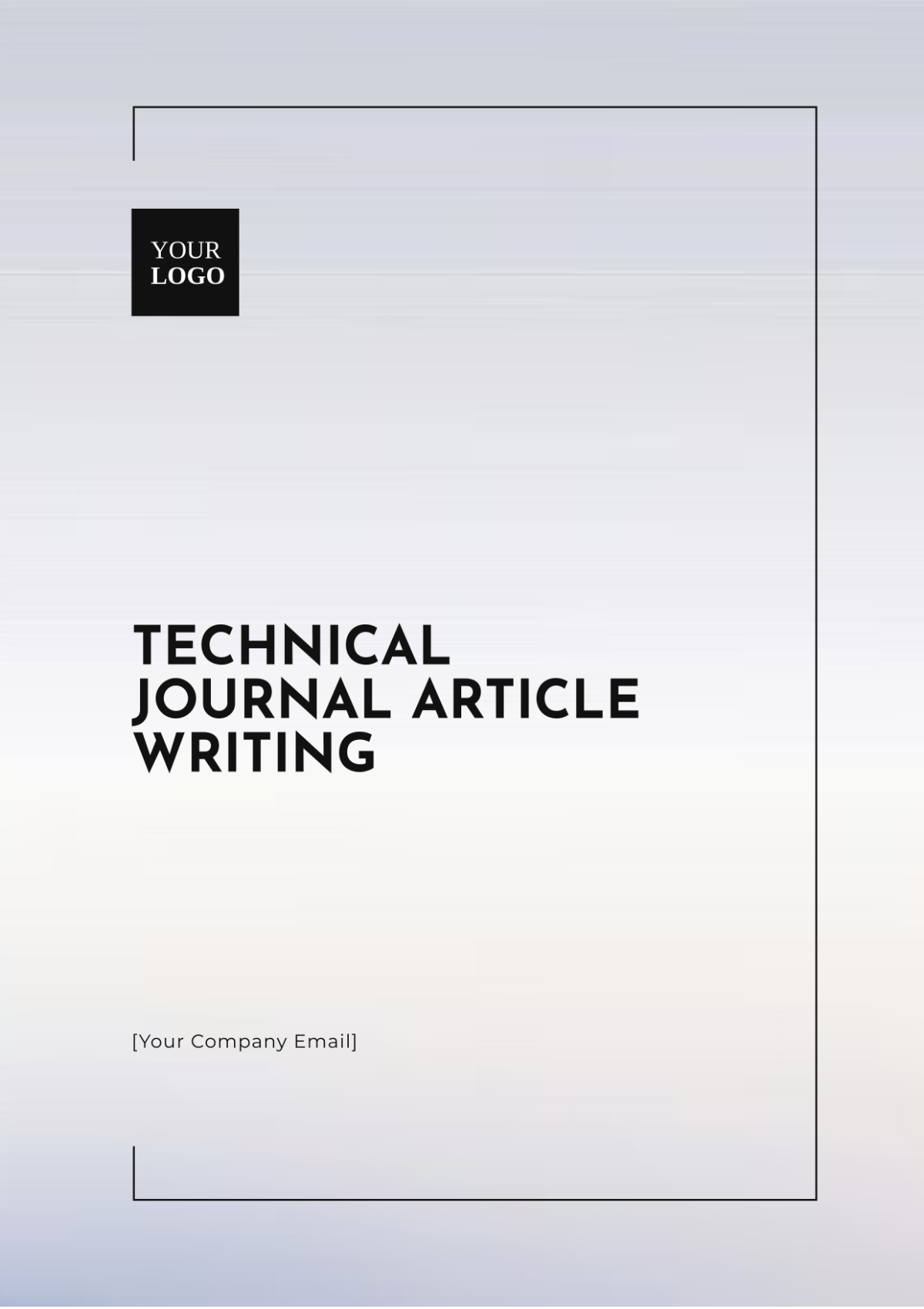
Title: Advances in Quantum Computing
Written By: [Your Name]
Publication Date: [Date]
Abstract
This article provides an in-depth examination of recent advances in quantum computing, exploring key developments, technological innovations, and theoretical insights that have significantly impacted the field. The aim is to present a detailed synthesis of the current state of quantum computing, highlighting both theoretical advancements and practical implementations. This overview is designed to serve as a valuable resource for researchers, practitioners, and academics involved in the study and application of quantum technologies.
Introduction
Quantum computing represents a revolutionary approach to computation that leverages the principles of quantum mechanics to process information in fundamentally new ways. Unlike classical computing, which relies on binary bits, quantum computing utilizes quantum bits (qubits) that can exist in multiple states simultaneously. This capability allows quantum computers to perform complex calculations at speeds unattainable by classical systems.
Recent breakthroughs in quantum algorithms, hardware development, and error correction have paved the way for significant progress in this field. This article aims to elucidate these advancements and provide a comprehensive understanding of their implications for future technological developments.
Methodology
The analysis presented in this article is based on a systematic review of recent literature, including peer-reviewed journal articles, conference papers, and technical reports. Key areas of focus include:
Quantum Algorithms: Examination of newly developed algorithms and their potential applications.
Quantum Hardware: Review of advancements in quantum processors, qubit technologies, and hardware architectures.
Error Correction: Analysis of techniques for mitigating errors in quantum computations and their impact on system performance.
Data sources were selected based on their relevance, credibility, and contribution to the field of quantum computing.
Key Developments in Quantum Algorithms
Quantum Supremacy
One of the most notable achievements in quantum computing is the demonstration of quantum supremacy. This milestone, achieved by Google in 2050, involved a quantum computer performing a specific computation faster than the most advanced classical supercomputers. This section explores the significance of this achievement and its implications for future research.
Quantum Algorithms for Optimization
Recent advancements in quantum algorithms have shown promise for solving complex optimization problems. Algorithms such as the Quantum Approximate Optimization Algorithm (QAOA) and Variational Quantum Eigensolver (VQE) are discussed in detail, including their theoretical underpinnings and potential real-world applications.
Technological Innovations in Quantum Hardware
Qubit Technologies
This section delves into various qubit technologies, including superconducting qubits, trapped ions, and topological qubits. Each technology's advantages, challenges, and current state of development are examined, providing a comprehensive overview of the hardware landscape in quantum computing.
Quantum Processor Architectures
Recent innovations in quantum processor architectures are reviewed, with a focus on scalability and integration. The article discusses developments in quantum chip design, quantum-to-classical interface improvements, and advances in cryogenic systems used to maintain qubit stability.
Advances in Quantum Error Correction
Error Correction Codes
Quantum error correction codes are essential for ensuring the reliability of quantum computations. This section covers the latest techniques, including surface codes and concatenated codes, and their impact on error rates and computational efficiency.
Fault-Tolerant Quantum Computing
The concept of fault-tolerant quantum computing is explored, including recent progress in achieving fault tolerance and the challenges that remain. The article provides an overview of techniques and protocols designed to protect quantum information from errors.
Discussion
The discussion synthesizes the findings from the previous sections, highlighting key trends and future directions in quantum computing research. The implications of recent advancements for practical applications, including quantum cryptography, quantum simulation, and quantum machine learning, are considered.
Conclusion
This article has presented a detailed overview of recent advances in quantum computing, encompassing theoretical, algorithmic, and hardware developments. The ongoing progress in this field holds promise for transformative impacts across various sectors, from cryptography to drug discovery. Continued research and innovation will be crucial for overcoming current challenges and unlocking the full potential of quantum computing.
References
Arute, F., et al. (2050). "Quantum supremacy using a programmable superconducting processor." Nature, 574(7779), 505-510.
Preskill, J. (2050). "Quantum computing in the NISQ era and beyond." Quantum, 2, 79.
Google AI Quantum. (2050). "Quantum Computing and the Path to Quantum Advantage." Google AI Blog.
Devitt, S. J., et al. (2050). "Quantum error correction for beginners." Reports on Progress in Physics, 79(7), 074001.
Liu, Y., et al. (2050). "Review of quantum hardware: Qubits and quantum processors." Applied Physics Reviews, 8(1), 011302.
- 100% Customizable, free editor
- Access 1 Million+ Templates, photo’s & graphics
- Download or share as a template
- Click and replace photos, graphics, text, backgrounds
- Resize, crop, AI write & more
- Access advanced editor
The Technical Journal Article Writing Template from Template.net is an essential resource for crafting detailed and professional technical articles. This editable and fully customizable template allows you to tailor your content to meet specific technical standards and publication requirements. Streamline the writing process, ensuring clarity and precision in your technical discussions. Ideal for engineers, scientists, and researchers seeking a flexible and polished tool for technical journal submissions.
